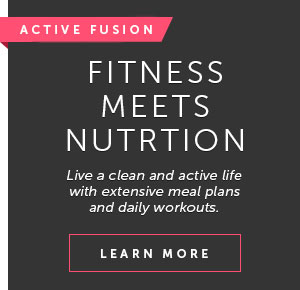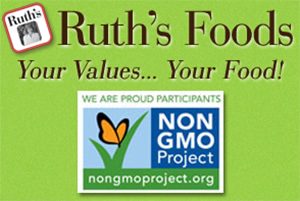Nov 12, 2013
MOOVE Down The Milk Aisle!
As a child, we were told at least once in our lives that drinking milk helps make our bones and teeth stronger and our bodies grow taller. TRUTH! But don't start chugging your milk just yet... you stop growing in your late teens!
For children, drinking milk doesn’t necessarily make you grow taller, but it gives you enough calcium to make your bones healthy so they can grow to their potential. It’s mainly in the genetics that determine your height. So you can drink all the milk you want, but if it’s in your genes to be 5’2, then you will be 5’2 even from drinking gallons of milk a day! Since growing is out of the question, we should look at the other health benefits that different types of milk has to offer.
Regular Milk
Go whole or go home! Without the fat content in the milk, our bodies can’t absorb the protein or calcium, along with vitamin A and D. What’s the point in drinking fat-free milk when you can’t take in the nutrients? So many people are fat-phobic and don’t realize that you need these healthy fats in your diet to absorb these nutrients and gain health benefits. Sure, skim milk does have less calories, but quit counting calories! The healthy fats in whole can help to lower cholesterol, reduce chronic fatigue, improve urinary tract problems, and numerous other conditions. Numerous studies also suggest that the conjugated linoleic acid in whole milk can help reduce body fat and increase lean muscle mass, which aids in weight loss.
Coconut Milk
Coconut milk is good for you consume, cook with, and even good for your skin! It helps control weight and keeps blood sugar level under a check. It also reduces your bad cholesterol and helps with arthritis and joint pains. Coconut milk can be added to a variety of things like pasta dishes, sweet potato dishes, protein shakes, and oatmeal. It also acts as a natural moisturizer for your skin, nourishing from the inside and out. You can make your own for cheaper at home! Homemade coconut costs less than $1 a batch.. plus you get to avoid the BPA and BPS. To prepare for coconut milk, you can crack open a young Thai coconut or use unsweetened shredded coconut. If you don’t have time to make your own, you can opt for BPA- free packaged can or milk box. Try the Native Forest Organic canned coconut milk or Aroy-D Coconut Milk and Cream, BPA free!
Rice Milk
Lactose intolerant? Allergic to soy? Vegan? Rice milk is made from boiled rice, brown rice syrup, and brown rice starch. Rice milk tends to be starchy, is high in carbs and it’s little lighter and sweeter than milk, but it’s a good substitute for those who can’t drink milk. While rice milk does contain some B vitamins and minerals like manganese and selenium, it’s not that great in calcium and protein.
Soy Milk
Soy milk’s base is an extraction from mature soy beans, usually mixed with water. Make sure to check the label and the expiration date! Even though it seems like soy milk lasts longer than most milks, the farther the expiration date, the more likely there are hidden sugars like “brown rice syrup” or “evaporated cane juice”. Soy milk is good because it’s naturally low in saturated fat and is cholesterol-free. It’s is a good milk replacer for people who have dairy allergies or who are lactose-intolerant. Slightly thicker than milk, rich in calcium and protein (although not as much as milk since it’s plant based), this little concoction is a perfect antidote for women going through postmenopausal symptoms. Not so great for young kids, particularly young girls, because it could potentially disrupt the hormone production if consumed in high amounts.
Almond Milk
Almond milk is typically made from a mixture of, you guessed it, almonds and milk! Has no cholesterol or lactose, low in fat and high in vitamin E but has much less protein than milk. Again, watch out for those labels for that added sugar! I recommend making your own almond milk since most store bought brands are full of additives and almost always made from unsoaked almonds. Almonds are high in phytic acid which is a nasty antinutrient that prevents your body from digesting your food properly and absorbing the nutrients in it. So if you want to avoid those extra preservatives and junk, click HERE for a delicious, creamy recipe for making your own almond milk. It’s surprisingly easy and requires little effort.
What do you want to more about? Comment below!














